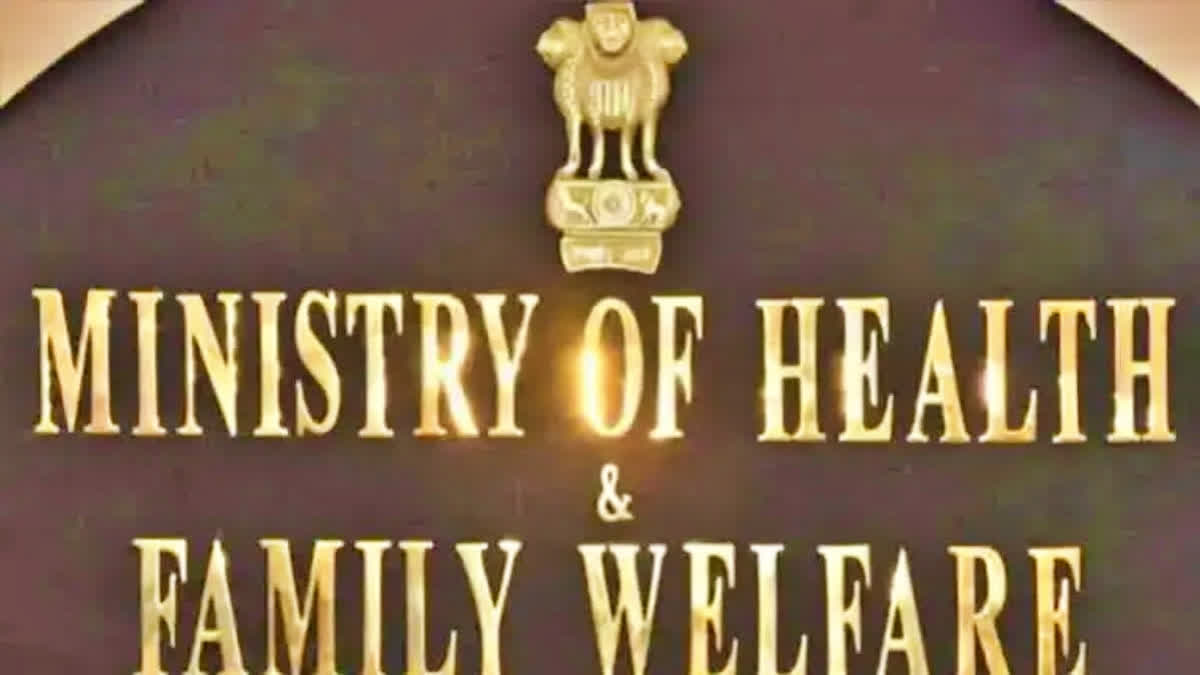New Delhi:Being aware of thefact that some UPSC, NEET, SSC, and JEEaspirants who fail the tests take extreme steps including suicide, a Parliamentary committee has suggested to the Union Health Ministry to make provision under its 24/7 helpline to telephonically connect with youths who fail to qualify for competitive exams.
The Committee on Health and Parliamentary Affairs noted that several youths who fail to qualify for competitive examinations by few marks take drastic steps. “The government should prioritize awareness and carry out education campaigns to eliminate the stigma surrounding mental health issues related to stress by conducting programs in schools and colleges. The government should provide information on available mental health resources, and it should promote open discussions on mental well-being,” the committee headed by Rajya Sabha MP Bhubaneswar Kalita said.
According to the National Mental Health Survey 2015-16, the annual suicide incidence rate in India was 10.6 per one lakh population. However, according to the National Crime Records Bureau (NCRB)'s Accidental Deaths & Suicides in India Report 2021, the suicide rate in India has increased to an alarming 12 per 1,00,000 population.
In 2021, as many as 13,089 students died by suicides in different states across the country. The NCRB data further mentioned the deaths by suicide in the farming community. Of the 5,318 farmers who died by suicide, 4,806 were those who used to cultivate their own land with or without the assistance of agricultural labourers, and 512 were those who used to cultivate on lease land or work on lease or others' land with or without the assistance of agricultural labourers.
Also read:Parliamentary panel raps Health Ministry for collecting mental health data in a limited way
India launched its National Suicide Prevention Strategy (NSPS) in November 2022 which was also the first policy in the country to make suicide prevention a public health priority. The strategy primarily aims to reduce suicide mortality by 10 per cent by 2030. The NSPS aims to achieve this target by establishing effective surveillance mechanisms by 2025, establishing suicide prevention services through the Mental Health Programme in all districts by 2027, and integrating a mental well-being curriculum in all educational institutions by 2030.
The strategy includes an implementation framework for various activities aimed at achieving its primary objective, involving multi-level stakeholders (ministerial stakeholders at the national level, governmental stakeholders at the state and district level, mental health institutes, and strategic collaborators).
The strategy also recognizes the crucial role of existing programs run by various ministries in reducing the burden of suicide, either directly or indirectly. The committee also emphasized the need to establish mental health facilities in prison and ensure well-trained staff in such facilities.
“The Ministry needs to provide adequate training to the prison staffers regarding mental healthcare and to ensure that an adequate number of employees is stationed in the prison establishment to address the needs of the inmates. The Ministry may conduct periodic training programs through the Central Mental Health Authority (CMHA) and State Mental Health Authority (SMHAs) for police personnel, people associated with the judiciary, and also general health practitioners to sensitize them about their responsibilities and about the different provisions and issues concerning mental health of the Mental Healthcare Act (MHCA),” the report stated.
